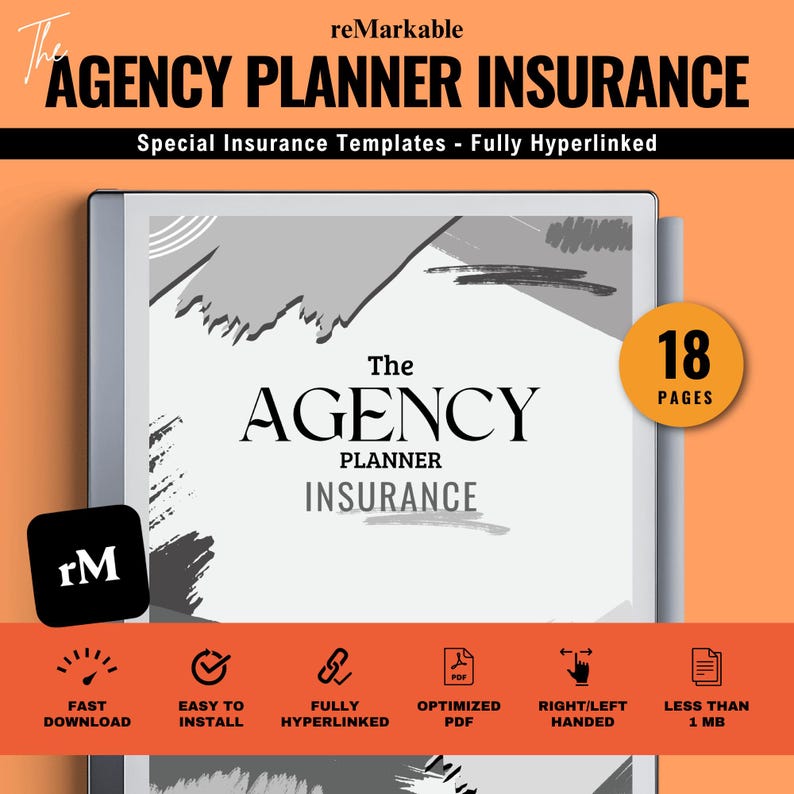Owning a rental property can be a rewarding investment, bringing in steady income while building long-term wealth. But with great rewards come great responsibilities—especially when it comes to protecting your property and your peace of mind. Whether you’re a seasoned landlord or just starting out, having the right insurance coverage is absolutely essential. In this blog, we’ll explore the top insurance picks every rental property owner needs to keep your investment safe, hassle-free, and ready to weather any unexpected bumps along the way. Let’s dive in and make sure your rental game is fully covered!
Table of Contents
- Essential Coverage Types Every Rental Property Owner Should Consider
- How to Choose the Right Liability Insurance for Peace of Mind
- Protecting Your Investment with Comprehensive Property Insurance
- Bonus Tips for Saving Money on Your Rental Property Insurance
- The Conclusion
Essential Coverage Types Every Rental Property Owner Should Consider
Owning a rental property comes with its fair share of risks, so having the right insurance coverage is crucial to protect your investment and peace of mind. Start with property damage insurance, which typically covers fire, storms, vandalism, and other physical damages. This ensures that repair or replacement costs won’t eat into your profits if disaster strikes. Next up is liability insurance, an absolute must-have to shield you from lawsuits if a tenant or visitor gets injured on your property. It’s a safety net that can cover legal fees and medical expenses, keeping your finances secure.
Beyond the basics, consider loss of rental income coverage, especially if your property becomes uninhabitable due to covered damages. This type of insurance can compensate for the rent you’d lose during repairs – a vital buffer to keep your cash flow steady. And don’t forget about optional endorsements like flood or earthquake insurance if your property is in a high-risk area. These add-ons can be lifesavers given the unpredictable nature of natural disasters. Together, these coverage types form the backbone of a comprehensive protection plan tailored specifically for rental property owners.
How to Choose the Right Liability Insurance for Peace of Mind
Choosing the ideal liability insurance starts with understanding the specific risks associated with your rental property. Every landlord’s situation is different, so pinpointing your needs helps ensure you’re not overpaying for coverage you don’t require or underinsured when it matters most. Consider factors such as property location, tenant demographics, and the type of property—single-family homes, multi-unit buildings, or vacation rentals all carry unique liability concerns.
When evaluating policies, keep these essentials in mind:
- Coverage limits: Make sure the policy offers enough protection to cover potential damages and legal fees.
- Exclusions: Know what’s not included so you can address gaps with supplemental coverage if needed.
- Deductibles: Balance affordability with manageable out-of-pocket costs in a claim situation.
- Additional protections: Look for options like landlord legal expense coverage or loss of rental income.
By thoroughly assessing your unique circumstances and carefully reading policy details, you can secure liability insurance that genuinely safeguards your rental investment and gives you true peace of mind.
Protecting Your Investment with Comprehensive Property Insurance
When it comes to safeguarding your rental property, having the right insurance coverage can make all the difference between a minor inconvenience and a major financial setback. Comprehensive property insurance not only protects the physical structure but also covers damages from natural disasters, fire, and vandalism. Beyond the basics, it’s vital to ensure your policy includes protection for lost rental income, which can help keep your cash flow steady if your property becomes temporarily uninhabitable.
Choosing the best insurance means looking beyond just the price tag. Consider policies that offer:
- Liability coverage to shield you from tenant injuries or lawsuits.
- Contents coverage if you provide furnished units or appliances.
- Optional add-ons tailored for unique risks like flood or earthquake damage.
Investing time in selecting a thorough insurance plan is a crucial step to protect your investment and provide peace of mind as you manage your rental property portfolio.
Bonus Tips for Saving Money on Your Rental Property Insurance
Saving money on your rental property insurance doesn’t mean you have to settle for less coverage. Start by bundling your policies—many insurers offer discounts when you combine home, auto, and rental property insurance under one roof. Another great way to lower premiums is to maintain a solid credit score and invest in safety measures like smoke detectors, security alarms, and fire extinguishers. Insurers love properties that appear well-maintained and low-risk, so a little preventative care can go a long way in boosting your savings.
Also, consider increasing your deductible if you can comfortably handle a higher out-of-pocket expense during a claim—it often translates to lower monthly payments. Don’t forget to review your policy annually; sometimes your property’s market value or your coverage needs change, and adjusting your coverage can prevent overpaying. Finally, explore local insurers or specialized rental property insurance providers who might offer competitive rates tailored just for landlords like you.
The Conclusion
And there you have it—our top insurance picks that every rental property owner should consider to protect their investment and bring peace of mind. Navigating the world of insurance can feel overwhelming, but with the right coverage in place, you can focus on growing your rental business without worry. Remember, each property and situation is unique, so take the time to assess your needs and consult with a trusted insurance professional. Here’s to smart protection and successful renting ahead! If you’ve got any questions or want to share your own insurance tips, drop a comment below—we’d love to hear from you!





